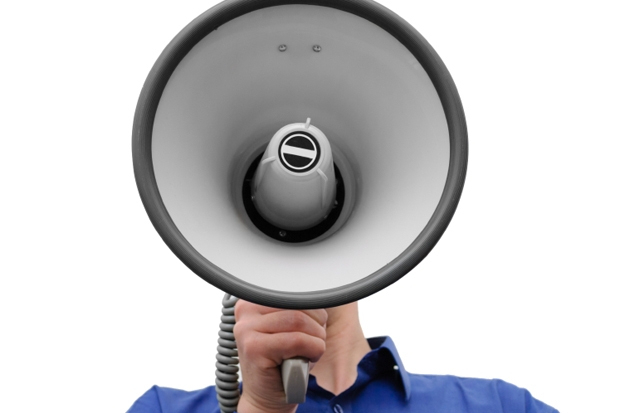Aversion to pretentiousness was probably an English trait before Dr Johnson famously refuted Bishop Berkeley’s arguments for the immateriality of the world by booting a stone. There are plausible historical reasons for this. Suspicious of the Catholicism of neighbouring Ireland and France (where words were thought to contain spiritual power even if they were not understood), the English easily adapted the Reformation’s injunction to simplify scripture into a more general doctrine of ‘say what you mean’.
This attitude is exemplified most famously in George Orwell’s essay of 1946, ‘Politics and the English Language’, in which long and Latinate words are anathematised. It ought to be read as a work of its time, prescribing a lexicon suited to the austerity of postwar Britain and expressing Orwell’s peculiar political gyrations. It’s still too often taken as a style guide of near-universal applicability — as though aspiring to an ‘air of culture and elegance’ were something diabolical.
Dan Fox would like us to reconsider pretentiousness. The common etymology with the word ‘pretend’ leads him to argue that pretentiousness suffers from the same suspicion that acting does: it sits uneasily in the large parts of our culture that prize sincerity and authenticity.
But Fox believes that pretentiousness is a vital element of self-discovery. Acting out a role — however limited our grasp of it — helps us escape the limitations of our background and traverse class divides. It provokes us to grow intellectually, and enables us to become the kind of people we would like to be. Pretentiousness is so widespread among the young because the pose of self-assurance provides cover for inner struggles over sexuality, politics or vocation. No undergraduate ever smoked Gauloises because they wanted to: like a shamanic intoxicant, their purpose is to deliver philosophical revelation (and sprinkle a pinch of Sartre’s inexplicable sexual allure). Yet even though the high pitch of existential anguish is unsustainable across an entire life, if a measure of affectation leads you to consider what a life is for, it seems hardly worth condemning.
The apogee of pretentiousness, in Fox’s view, arrived with 1970s pop and the liberated musical and cultural reference points of David Bowie, Roxy Music and their ilk (Iggy Pop, we learn, was an aficionado of Pierre Boulez and Edgard Varèse). The pop song is the perfect vehicle for high-grade pretension. No one expects its contentions to be argued out or its allusions to be fully explored in three minutes. Unfortunately, Fox is not much of a close reader, which leads to confusion in his argument (a confusion further encouraged by his failure ever quite to define his terms). He suggests that a song such as Kate Bush’s ‘Wuthering Heights’ is gloriously pretentious in appropriating a 19th-century novel. But he then says that its proven popularity ‘undermines the position that it’s “pretentious” for musicians to play with ideas’. He can never quite decide whether to redeem his favoured works from pretentiousness or have them wear it proudly as an accolade.
An editor at the contemporary art magazine Frieze, Fox is touchy about accusations of pretentiousness in his own domain. Conceptual art is particularly vulnerable to these, since the worth of the piece resides in the idea behind it rather than its execution. You needn’t be a foot soldier in the ‘my child could have done that’ brigade to wonder whether, in some cases, a blizzard of artspeak might not disguise a thin thought with complex articulation; and that far from opening the gates of self-realisation, it’s a deception perpetrated on a credulous public with the connivance of a powerful elite who do very well out of it, thank you.
Yet in his very unpretentious prose, Fox makes a convincing case for there being value in this maligned behaviour. The most succinct defence he quotes comes from the musician Brian Eno: ‘Culture is a place where you can take psychological risks without incurring physical penalties.’ As we grow older and fall into the withering clutches of habit, a dose of pretension might mitigate the poison of cynicism. And so what if we do look a little bit silly?






Comments